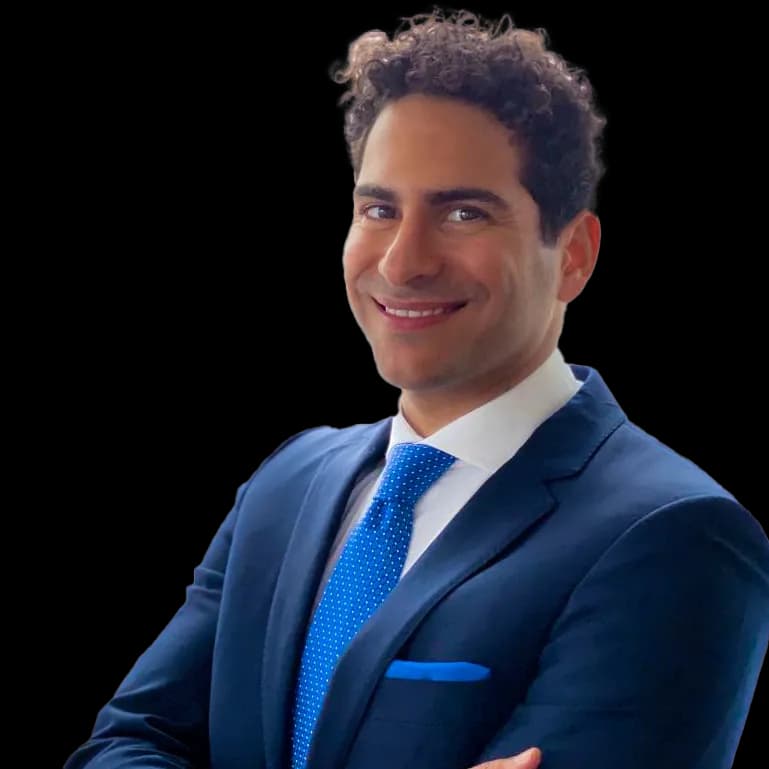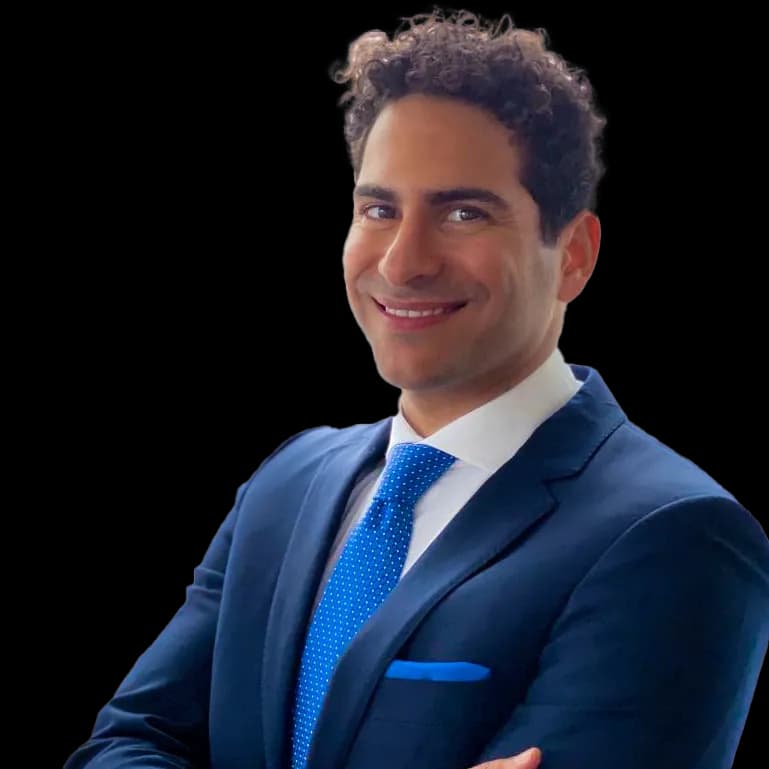Brought to you by

The State of Web 3.0
in Africa
EMURGO Africa and PwC have partnered to explore Web 3.0 in Kenya, Nigeria, and South Africa and better identify, empower, and incubate future founders.
A Quick Look
About EMURGO Africa
EMURGO Middle East & Africa (MEA) launched in October 2021 as a part of EMURGO’s initial USD 100 million ecosystem investment vehicle on Cardano, one of the world’s biggest public blockchains. Originally EMURGO Africa, the investment grew to become EMURGO MEA reflecting the huge opportunity for blockchain adoption and growth in the Middle East. Upon its inception, EMURGO MEA partnered with pan-African venture builder Adanian Labs and started the Adaverse Cardano accelerator program in Africa to begin identifying, supporting, and incubating local blockchain talent.
Our Perspective
EMURGO's Vision
Cardano is one of the largest open-source blockchain platforms that started its development in 2015 and formally launched in 2017, aiming to be a decentralized application development platform with a multi-asset ledger and verifiable smart contracts. It is THE blockchain platform for innovators and visionaries, to create positive changes to the world. EMURGO, a co-founding entity of Cardano, has focused on providing the tools and resources necessary for developers, startups, and organizations to build unique and impactful Web3 products and services leveraging Cardano.

Yosuke Yoshida
Co-CEO, Founder, and Director of EMURGO Middle East & Africa, and CEO of EMURGO Kepple Ventures
Web 3.0 Soft Power
The advent of Web3 technology is not only revolutionizing the digital landscape in Africa but also unlocking the continent's untapped potential as a hub of soft power influence. While the concept of leapfrogging technology is often associated with Africa, the notion of Web3 Soft Power goes beyond mere technological advancements. It encompasses the transformative impact of Africa's Web3 services and innovations, not only on its own underdeveloped infrastructure but also on the global stage.

Shogo Ishida
Co-CEO of EMURGO Middle East & Africa, Director of Adaverse, and Executive Director of NODO
Foreword
Blockchain has just begun scratching the surface of what it can do for the African continent. The IFC estimates that 230 million jobs in Sub-Saharan Africa will require digital skills by 2030. That’s a $130 billion opportunity to train the future workforce in digital skills. 2.7 billion people globally don’t have access to the internet. That’s one-third of the world’s population. The majority of which are in Africa. 40% only of which have access to the internet. In comparison, 64% in Asia and the Pacific, 80% in the Americas, and 89% in Europe.

Ahmed M. Amer
CEO of EMURGO Africa
Key Findings
Blockchain and Cryptocurrency in Africa
Kenya, Nigeria and South Africa received a total of USD 88.5 million (70%) of blockchain funding in Africa in 2021.⁵
Blockchain venture funding growth in Africa
11x
Blockchain funding in Kenya, Nigeria and South Africa 77% Kenya, Nigeria and South Africa received a total of USD 88.5 million (70%) of blockchain funding in Africa in 2021.9
Investors continue to increase the capital injected into African companies creating solutions involving Web 3.0 technologies. Despite this continued investment in such companies, Standard Bank noted that Africa received only 0.5% of total global blockchain funding. This figure is expected to grow as more companies aim to solve problems faced by the continents inhabitants. One such challenge is a largely unbanked population (approx. 57%), with cryptocurrency companies such as Canza Finance providing solutions to this end.
Blockchain and crypto Assets are increasing in popularity across the African continent: the adoption of blockchain technology is slow but progressive, while the cryptocurrency market is growing significantly. According to Chainalysis, Africa’s cryptocurrency market grew by over 1200% between 2020 and 2021, with Kenya, Nigeria, South Africa and Tanzania ranking in the global top 20 for crypto adoption.⁸ Although the increasing adoption of cryptocurrency has its advantages, the widespread use of unregulated digital currencies poses a threat to the continent’s financial system. On the other hand, transparency and decentralisation, some of the inherent properties of Blockchain technology, give blockchain the potential to solve challenges that are widespread across the African continent. Such challenges include: international remittance, financial inclusion, and land registration.
There are immense opportunities for the African continent through the adoption of Web 3.0 technologies, including a staggering 1,668% increase in investment in blockchain technology in Africa between 2021 and 2022, signifying the crucial importance of collaboration between industry stakeholders, policymakers, and regulators in fostering an environment conducive to the growth of Web 3.0 technologies. The major case studies of blockchain & cryptocurrency adoption in the continent include financial services with Fingo Africa, trade, education & energy.




